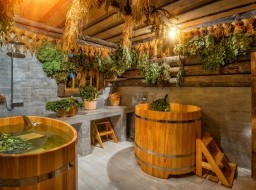State Central Museum of Contemporary History of Russia (Museum of Revolution)
The Museum of Contemporary Russian History has an extensive collection (of over 2 million exhibits) that documents the country's political development over the last 150 years. All sorts of unique items including photos, posters, books, and documents look at and analyse the most important events in recent history - the museum even has the actual stones thrown at policemen by workers in the 1905 Revolution. There are also detailed and informative accounts of events since the fall of Communism The State Central Museum of Contemporary History of Russia is a federal museum. The museum is located in the center of Moscow, in a historical building of the 18th century. More than 90 years of constant research work based on the latest achievements of the science of history along with collecting and using best practices in this area have made the Museum one of the biggest centers of studying the Russian civilization of the second half of the 19th century up until the present day.
The museum collects, studies and exhibits historical artifacts which reflect 150 years’ history of social, political and economic development of our country and cultural values of its people. At present the Museum has about 1.300.000 historical and cultural records.
The museum coordinates with the Russian History Institute of the Russian Academy of Science, World History Institute of the Russian Academy of Science, Lomonosov Moscow State University and other research institutions of Moscow and foreign partners. The museum organizes conferences along with academic institutions and holds related exhibitions. The museum is a member of the International Council of Museums (ICOM) and many other its committees, the International Association of Historical Museums and the International Association of Labour History Institutions.
The museum organizes conferences and workshops where important problems of today’s museum business are discussed. Conferences are held both at the State Central Museum of Contemporary History of Russia and the country’ largest local history museums.
Participants of these conferences discuss the role museums play in social life, their main specializations as well as how museums should reflect the country’s contemporary history. During the period from 2006 to 2009 the following conferences of Russian scientists were held: ‘Museums. Partnership, Community and Development’ at the Oceanographic Museum in Kaliningrad; ‘Symbols, Ethnos and Nationality’ at the State Hermitage Museum; Museums and Knowledge of History’ at the Bryansk Local History Museum. In 2010 the Museum of Local History and Architecture of Astrakhan will host a conference ‘Museum for the Purpose of Intercultural Communication’. The materials of the conference are published and available in stores.
Two times a year (in April and October) the museum provides training courses for employees of historical museums. The training courses include lectures and workshops on main areas of museum business of the 21st century such as:
how to prepare exhibits (idea, selection of materials, auxiliary materials, texts and labeling, exhibitor and artist);
how to gather museums’ collections regarding the country’s history of the 20th and 21st centuries with the consideration of modern approaches to the analysis of the historical process;
new laws concerning museum business; how to gather museum collections;
how to catalogue, assess and label a museum’s items;
how to analyze museum visitors and find new ways of working with them; problems of museum communication etc;
The training courses are provided as per specializations of students. In addition students may get some advice on issues of their interest, learn the practice of some Russian museums by using educational materials available for all students as well as acquire new literature on museum business.
Students can also visit some new exhibitions and participate in educational programs provided by Moscow museums as well as to take up individual training courses at their convenience.
The museum renders assistance to regional museums in preparing project documents, provides reviews concerning scientific conceptions of museums and expositions, recommends how to plan exhibits according to a particular subject area, and advises the staff of local museums on issues concerning usual museum routine
|
|
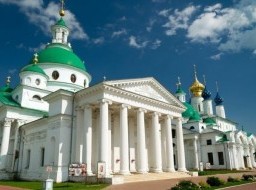
Golden Ring Tour from Moscow
From
US$ 1547
per person, based on 4-people group
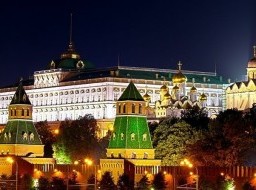
St. Petersburg and Moscow (hotel is not included)
From
US$ 2613
per person, based on 4-people group
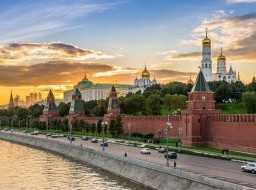
One-Day Private Moscow Tour from St.Petersburg with Kremlin and Armory Visit
From
US$ 463
per person
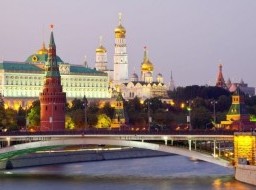
Grand Tour of Moscow (Red Square, Metro, Kremlin, Armoury, Arbat)
From
US$ 183
per person
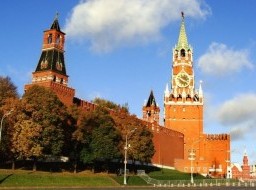
Private Tour of the Moscow Kremlin and the Red Square (by car)
From
US$ 121
per person
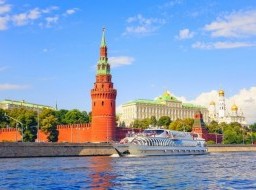
All-inclusive private tour: Moscow Highlights Overview tour by car and Scenic Ri...
From
US$ 0.00
per person
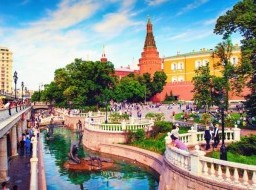
Private tour: Highlights of Central Moscow with Kremlin, Metro Tour and Scenic R...
From
US$ 156
per person
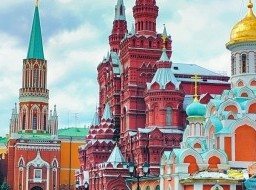
Exploring Red Square, Kremlin and St.Basil Cathedral Private Tour
From
US$ 119
per person
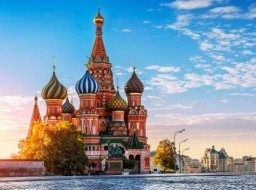
Skip the line: Moscow in One Day Sightseeing Tour (Red Square, St. Basil's Cathe...
From
US$ 184
per person
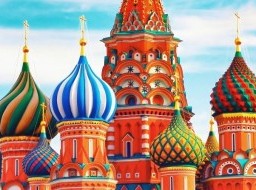
Moscow behind the Scenes with Incredible St.Basil’s Cathedral
From
US$ 71
per person
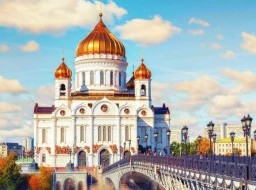
Check off the Major Moscow Sights Private Tour
From
US$ 35
per person
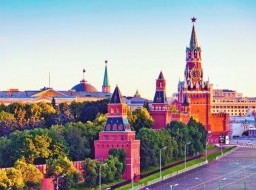
The Best of Central Moscow at a Glance: Red Square and Opulent Metro Stations To...
From
US$ 45
per person
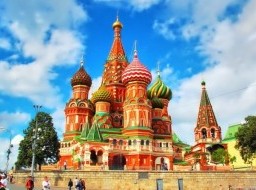
Explore Iconic Moscow on a Private Red Square, Kremlin & Cathedrals Tour
From
US$ 78
per person
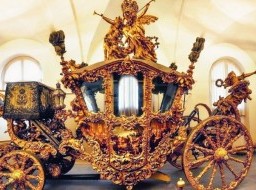
Private Kremlin Grounds and Armoury - Home to Ancient State Regalia
From
US$ 147
per person
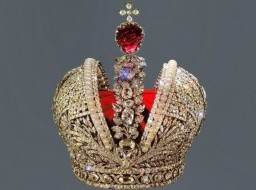
Private tour: Kremlin, Armoury: the World of Amazing Faberge, and Diamond Fund
From
US$ 0.00
per person
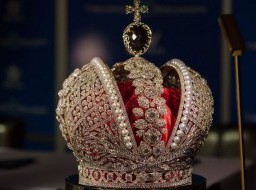
Explore Almighty Kremlin and Unique Collection of Russian Jewelers of the 18-20t...
From
US$ 87
per person
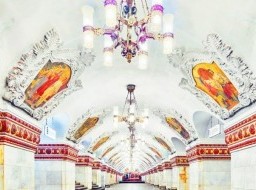
Underground Palaces of Moscow Metro and Arbat Street
From
US$ 39
per person
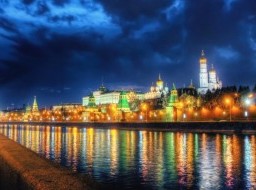
All-inclusive Private tour: Explore Stunning Moscow after Dark
From
US$ 69
per person
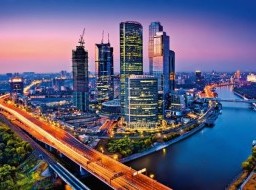
Moonlit Moscow and the Highest Located Observation Deck in Europe
From
US$ 153
per person
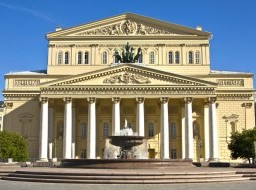
Legendary Bolshoi Theatre Historical Tour with the Highlights of Central Moscow,...
From
US$ 164
per person
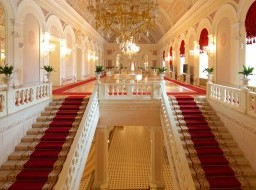
Bolshoi Theatre Historical Tour E-ticket (Thursday only)
From
US$ 45
per person
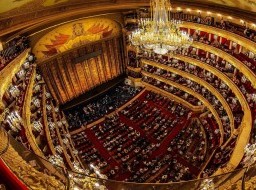
Legendary Bolshoi Theatre Historical Tour with the Highlights of Central Moscow ...
From
US$ 117
per person
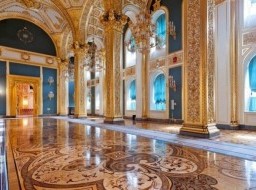
Exclusive Grand Kremlin Palace Tour - Visit the Official Gala Residence of Russi...
From
US$ 243
per person
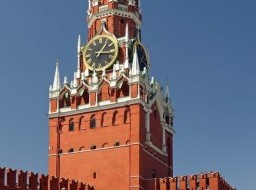
The Kremlin & Cathedrals Private Tour (with roundtrip transfer)
From
US$ 128.00
per person
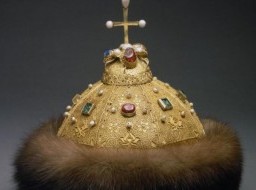
Skip-The-Linе Armoury Chamber of Kremlin. Lose yourself in the Crown Jewels and ...
From
US$ 112
per person
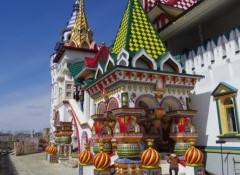
Private Moscow Flea Market and Vodka Museum Tour
From
US$ 55
per person
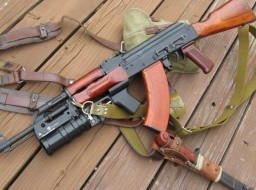
Shoot Soviet and Russian Army weapons: World Famous Kalashnikov AK-47 - Dragunov...
From
US$ 176
per person
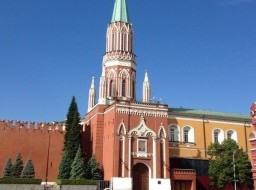
Red Square walking tour and Bunker-42
From
US$ 130
per person
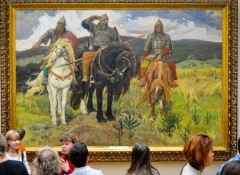
Russian Art through Centuries: Tretyakov Picture Gallery with Metro tour
From
US$ 60
per person
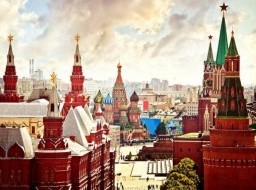
Moscow Highlights Sightseeing Tour
From
US$ 119
per person
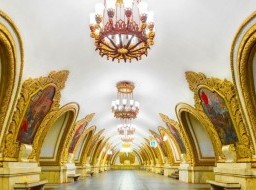
Tour of famous Moscow Metro. Explore the Underground World!
From
US$ 38
per person
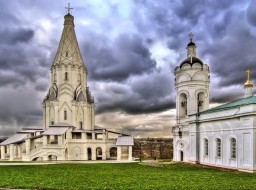
Architecture Tour of Moscow's Metro and Kolomenskoye Estate
From
US$ 92
per person
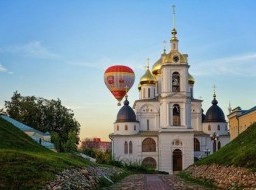
Moscow: Hot Air Balloon flight and city tour with Russian lunch at ancient Russi...
From
US$ 499
per person
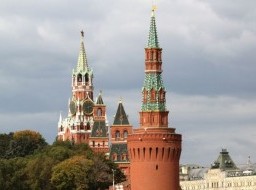
Highlights of Russia's capital - Moscow (hotel not included)
From
US$ 305
per person, based on 4-people group
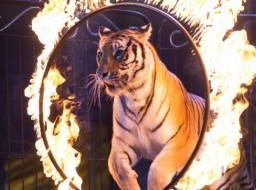
Classical Russian Circus. Make the most of your time in Moscow!
From
US$ 150.08
per person

Private Cooking Class: Learn the secrets of Borsch and Beef Stroganoff
From
US$ 134
per person

Private tour: Traditional Russian Home-Cooking Experience. Learn how to cook Bli...
From
US$ 135.17
per person

Private Cooking Class: Hands-on Siberian Pelmeni Making Experience
From
US$ 134.83
per person
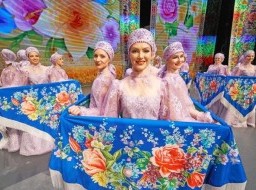
Journey into the Heart of the Russian National Dance & Music World in Moscow
From
US$ 61
per person
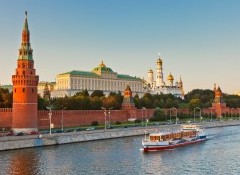
Moscow express tour
From
US$ 1,372
per person
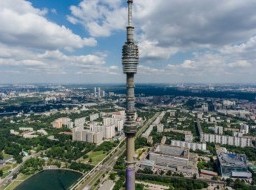
Moscow Off the Beaten Track: Museum of Cosmonautics, Sky deck of Ostankino Telet...
From
US$ 203
per person
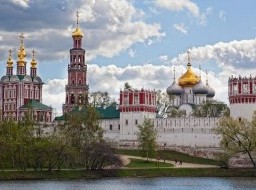
Novodevichy Convent and Cemetery tour (with metro ride)
From
US$ 69
per person
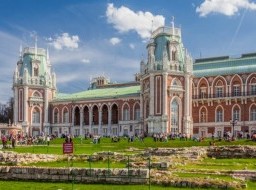
Private Tour to Tsaritsyno Park and Palace (with metro ride)
From
US$ 119
per person
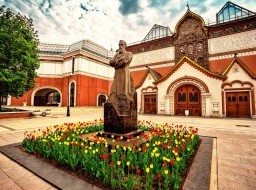
Explore Russian Art: Private Tretyakov Gallery Tour (with transport)
From
US$ 75
per person
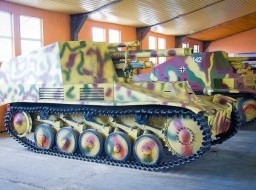
Discover World's largest armored vehicle museum. Kubinka Tank Museum Tour from M...
From
US$ 154
per person
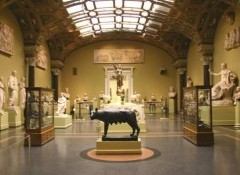
Pushkin State Museum of Fine Arts. Enjoy the rich art collections in Moscow!
From
US$ 118
per person
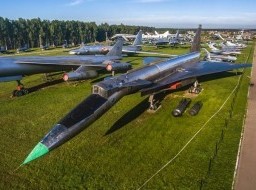
Private Tour to Russia's Largest Aviation Museum: Monino Central Air Force Museu...
From
US$ 159
per person
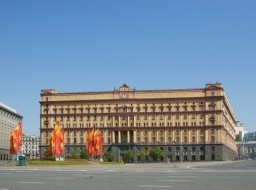
Private Tour of Communist Moscow: Hidden pages of USSR
From
US$ 34
per person
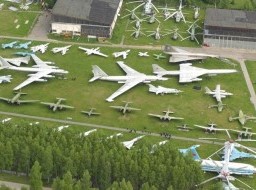
Private Tour to Russia's Largest Aviation Museum: Monino Central Air Force Museu...
From
US$ 214
per person
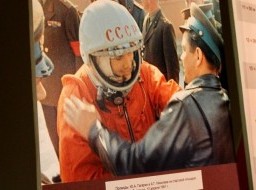
The Space Race - Moscow's Memorial Museum of Cosmonautics and VDNKH
From
US$ 95
per person
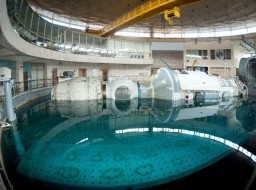
Yury Gagarin Cosmonauts Training Centre (Zvezdny Gorodok - Star Town)
From
US$ 183
per person
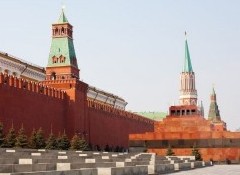
Moscow Classic
From
US$ 2,388
per person
Join-in Tour: Moskva River cruise
From
per person, based on 4-people group
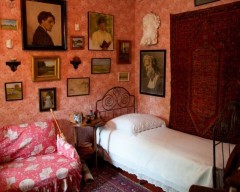
Russian Literature Tour. Anton Chekhov's House. Get to Know One of the World's M...
From
US$ 122
per person
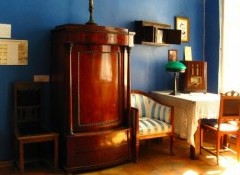
Bulgakov Apartment - Museum
From
US$ 70.75
per person
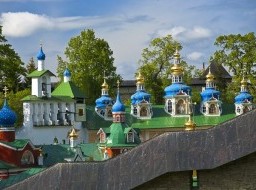
Novgorod, Pskov, Izborsk, Pechory, Smolensk - A Trip to Ancient Russia
From
US$ 1,362
per person
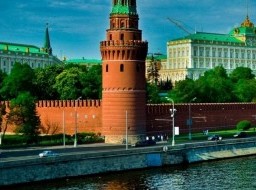
Moscow City Tour and Scenic River Cruise
From
US$ 156
per person
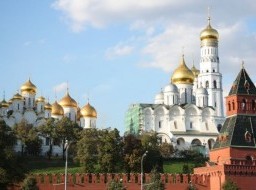
Moscow Classic Tour
From
US$ 2,399
per person
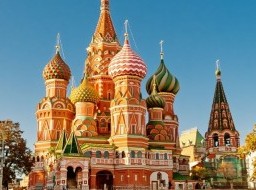
The Best of Moscow in 2 days with 3-course Traditional Russian Lunch with Vodka ...
From
US$ 285
per person, based on 4-people group
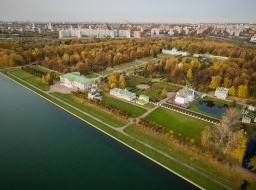
"Moscow Versailles" Kuskovo estate tour - unique cultural monument of...
From
US$ 107
per person
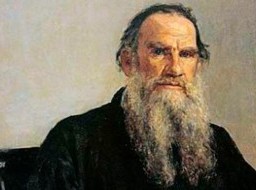
The State Museum of Lev Tolstoy Private Tour
From
US$ 62
per person
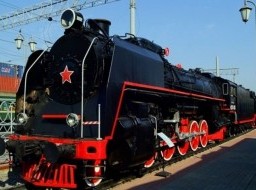
Steaming walk
From
US$ 24.00
per person
Private Tour for Lobna Aljundi, Moscow, 7 days, 5 pax
From
per person, based on 4-people group

